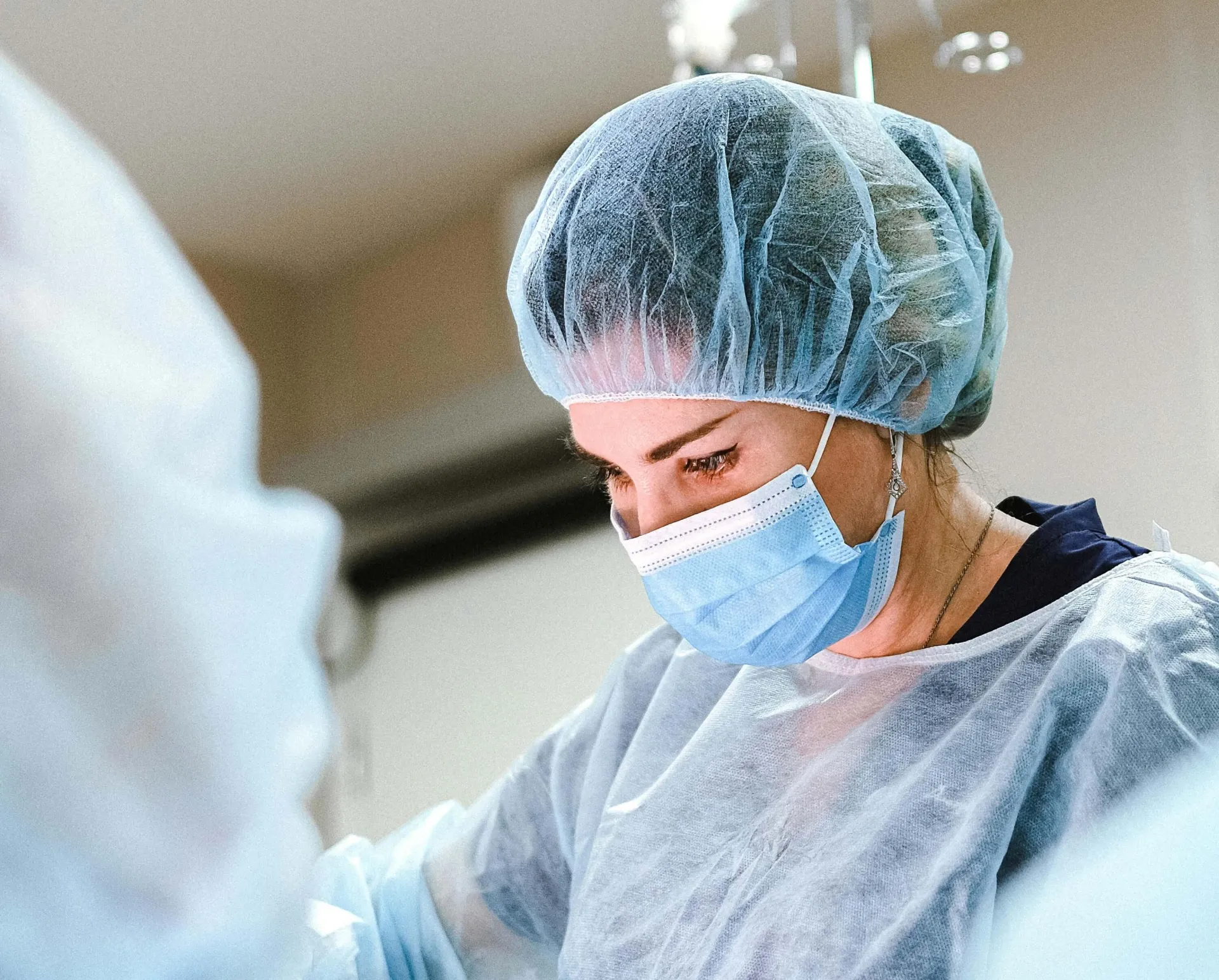Students with disabilities need to be able to fully participate in clinical rotations. And Clinical Directors need to ensure there’s no fundamental changes to the objectives for a course or clinical rotation. To make sure both parties get what they need, it's important to document the specifics of every student’s agreed-upon accommodations.
That way everyone has the same touchstone to refer to in what, where, when, why, and how accommodations will work during every clinical rotation.
Think through the specifics of every student’s clinical rotation accommodations. Start and end times, breaks, assistive technology, service animals, ASL interpreters and CART services -- document all the parameters for a full set of agreed-upon student needs and accommodations.
Health Sciences Disability Accommodations Links
- About Nursing & Health Sciences, and Larner College of Medicine Accommodations
- Navigating the Health Sciences Accommodation Process
- Anticipating Accommodations in Your LCOM Clinical Rotation
- Documenting Accommodations for a Health Sciences Rotation
- How to Talk About Student Accommodations
- Contact the Health Sciences Disability Coordinator
